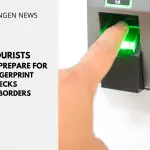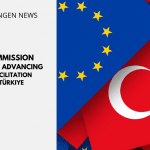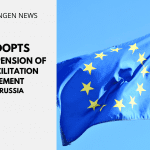Coronavirus Tracking app in Europe – COVID-19 Update
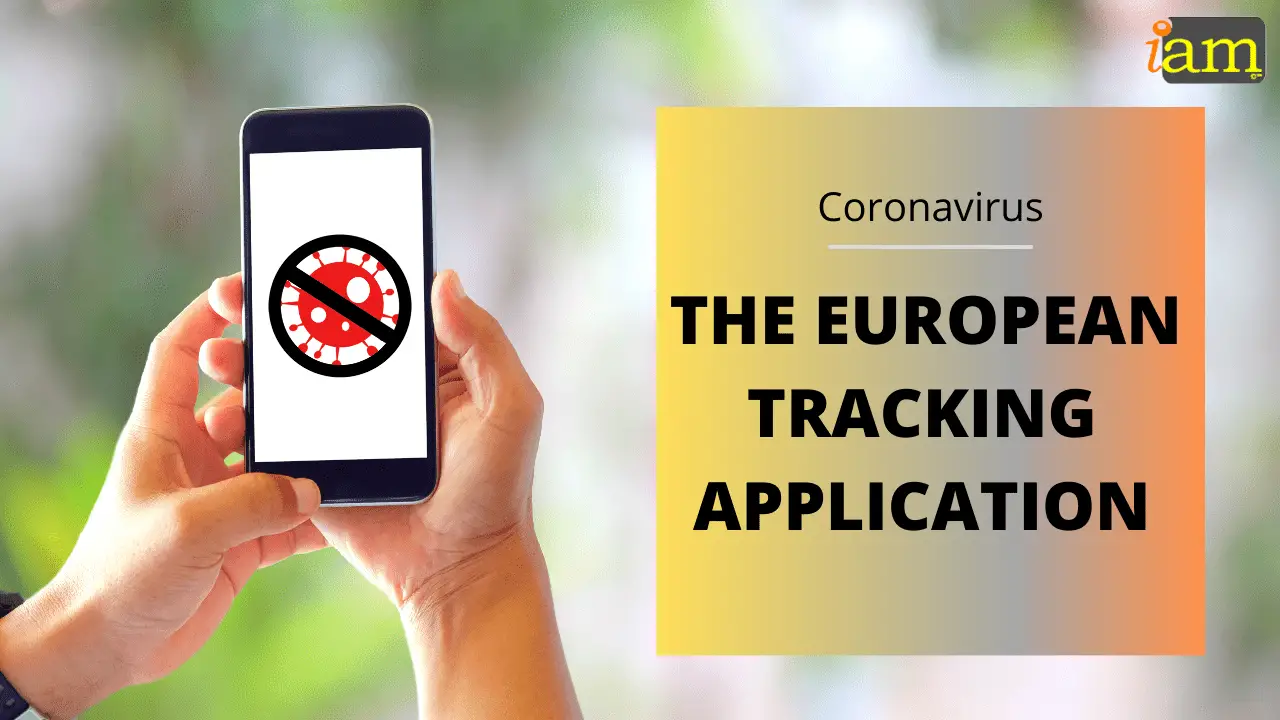
The use of technology to fight the pandemic: the end of privacy rights?
The European Commission has published a Commission Recommendation on “a common Union toolbox for the use of technology and data to combat and exit from the COVID-19 crisis”.
So what does that Mean?
The EU Commission is essentially advocating for a coronavirus tracking app. In their terms, they adhere to the use of a tracking application on mobile phone to identify and alert people who have been in contact with people infected with the Sars-Cov-2 Coronavirus.
What does it mean for you and how the Commission will frame this tracking application? Which countries are already ready to use it? and what are the privacy concerns being raised?
EU legal background on the use of a coronavirus tracking app in Europe
In 2013, the EU Parliament and Council laid down “specific rules on epidemiological surveillance, monitoring, early warning of, and combating serious cross-border threats to health (Decision 1082/2013/EU).
The Decision requires that the Commission must work with the European Member States to ensure “coordination and information exchange” in case of events that might constitute “public health emergencies of international concern”. This network must be operated and coordinated by the “European Centre for Disease Prevention and Control” (ECDC).

This Directive lays down the rules applicable to the storage of information and how to legally get access to information stored in a mobile device. This access is permitted only in defined circumstances or on the basis of consent of the subscriber or user. The EU Instance also asks Member States to provide “clear and comprehensive information” to the user or subscriber.
Purposes of the EU tracking application
Because about 5 billion people have mobile devices all over the world, the EU Commission logically thinks that digital technologies and data can play a important role in combatting the Coronavirus outbreak, by providing information on the level of Sars-Cov-2 coronavirus circulation.
The EU Commission would like to go futher with the simple idea of different mobile applications and create a single market in which data can flow within the European Union.
A contact tracing of the coronavirus tracking app will serve 3 main functions:
- Informing and advising European citizens on the Covid-19 disease, such as self-diagnosis for people with symptoms, and medical follow-up for coronavirus patients (to provide information on the number of cases, by age and week)
- Informing people who have been in proximity to an infected person and possibly asking them to stay in a strict quarantine for 14 days
- Monitoring quarantine of infected persons
Who will have access to the data?
- Public authorities such as healthcare organisations will be able to exchange data
- Information about infected people should be exchange between Member States or regions to avoid cross-border transmissions chains
- The Member States authorities will be represented in the eHealth Network
How the EU Commission and Member States will cooperate?
Cooperation between the EU Commission and the Member States: The eHealth Network
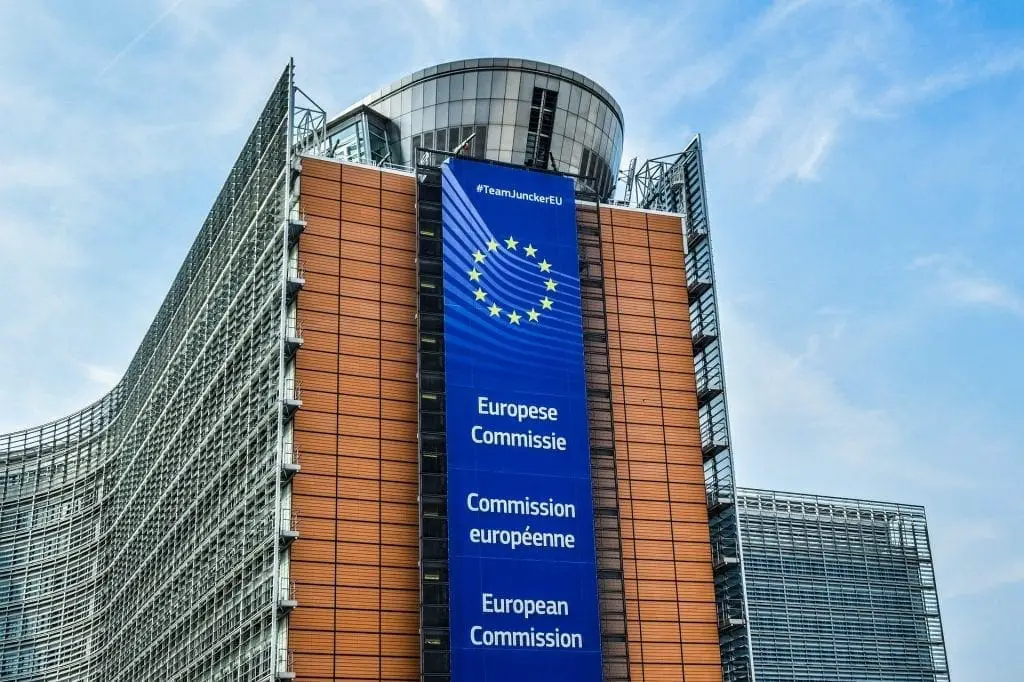
The Network is composed of EU Member States and Norway: it has been created to frame the use of tools and services that use information and communication technologies on the health and care sectors. The main goal is to create a Digital Single Market (DSM) to facilitate the sharing of health data.
The eHealth Network and the EU Commission will co-operate with other networks such as:
- the Health Security Committee
- the network for the epidemiological surveillance of the communicable diseases
- the ECDC
- the European Data Protection Board
- the Body of European Regulators for Electronic Communications
- the Network Informations Systems Cooperation Group
The Commission asks Member States (represented in the eHealth Network) to regularly meet together and give reports in order for the Commission to reviews their approaches
A global European approach for Covid-19 mobile application should be ready on April 15, 2020.
Now, what about cybersecurity and privacy rights?
EU coronavirus tracking app: The non-respect of fundamental rights and freedoms?

The EU Commission is aware that a tracking app could cause “serious harm to fundamental rights and freedoms”, especially the rights to privacy and protection of personal data.
However, the Charter of Fundamental Rights of the Union stipulates that restrictions on the exercise of these fundamental rights might be implemented if “justified and proportionate”, as long as they are temporary.
In order to protect european citizens, safeguards must be established, such as: ” pseudonymisation, aggregation, encryption and decentralization”.
These anonymised data based of a geolocation tracking of individuals will be combined to ensure the effectiveness of the current social distancing measures and to rate a level of health risk for each user of the application.
Safeguars will be put in place to prevent data hacking, identity theft, and de-anonymisation.
The data will not be share to any third party and only used for the purposes stated above.
Is there a future for the EU tracking app after the end of the covid-19 outbreak?
The EU Commission announced that the data will be deleted after a period of 90 days, or in any event no later than when the pandemic will be declared under control.
Knowing that Czechia, Italy, Spain and Poland are already using such applications, and France and the UK have confirmed plan to use their own tracing application, it seems that Member States might agree on a European Tracking Application.
Do you think the implementation of such application is excessive? Will you register to a EU tracking application?
Contact the IaM Team to prepare your next travel!
- Top 20 Travel Bloggers from the UK and their travel blogs to follow in 2020 - 19 April 2020
- Coronavirus travel restrictions: Is Summer holiday travel back on? - 17 April 2020
- Coronavirus update: EU Commission and State aid - 16 April 2020

